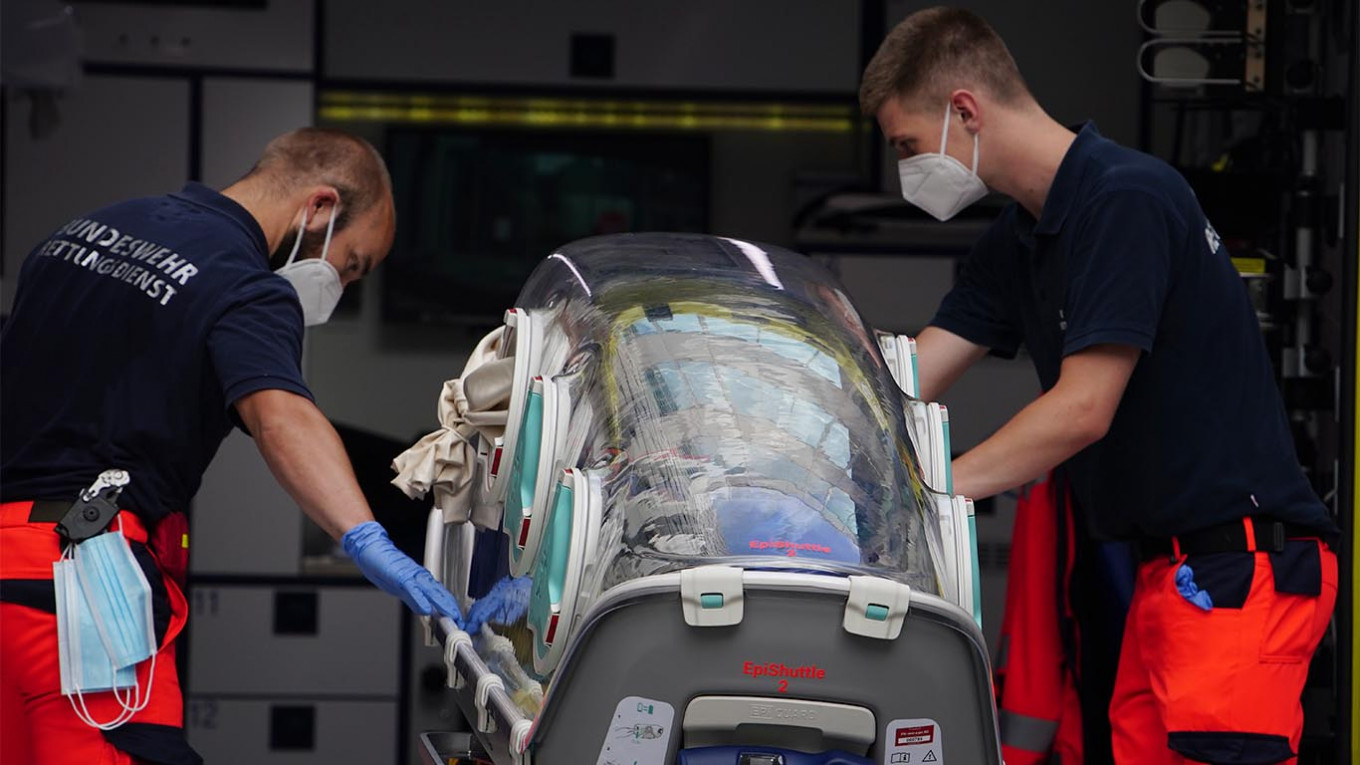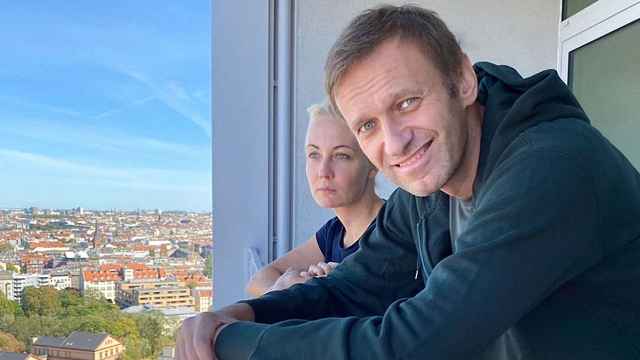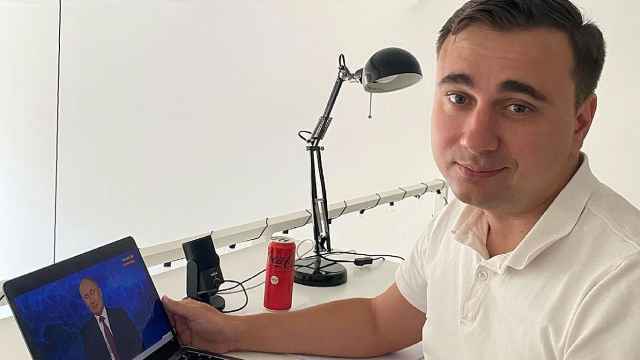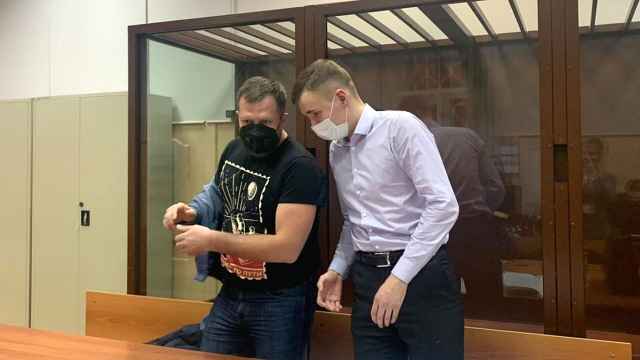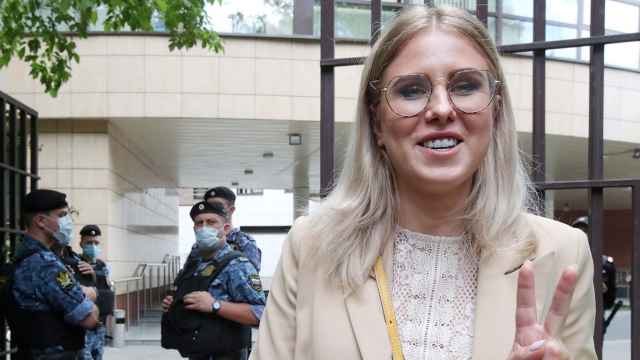Prominent Kremlin critic Alexei Navalny remains in a medically induced coma and on a ventilator more than a week after falling ill from an apparent poisoning but his symptoms appear to be receding, his spokeswoman said Friday as doctors race to identify the substance with which he may have been poisoned.
Navalny, 44, has been receiving treatment in Germany after spending two days in a Siberian hospital where Russian doctors ruled out that the de facto leader of Russia’s opposition was poisoned.
“He’s still in an induced coma and is connected to a ventilator,” Navalny's spokeswoman Kira Yarmysh said on Twitter.
“His condition is severe but the symptoms of poisoning are receding,” she added.
“There’s currently no serious threat to his life. Still, the doctors aren’t giving any forecasts,” Yarmysh tweeted.
Berlin’s Charité hospital said earlier this week that multiple independent tests indicated that he was poisoned with an unidentified substance belonging to a group of chemicals that affect the nervous system.
Germany’s Der Spiegel news magazine reported that Charité made contact with Bulgarian colleagues over a potential link to the 2015 poisoning of an arms dealer there. On Friday, it reported that Charité sought help from the German army’s secret toxicology lab and the British defense science and technology lab in Porton Down that participated in the 2018 Skripal poisoning investigation.
In a statement on its website Friday, the hospital said it was too early to gauge potential long-term effects “due to the severity of the patient’s poisoning.”
A Message from The Moscow Times:
Dear readers,
We are facing unprecedented challenges. Russia's Prosecutor General's Office has designated The Moscow Times as an "undesirable" organization, criminalizing our work and putting our staff at risk of prosecution. This follows our earlier unjust labeling as a "foreign agent."
These actions are direct attempts to silence independent journalism in Russia. The authorities claim our work "discredits the decisions of the Russian leadership." We see things differently: we strive to provide accurate, unbiased reporting on Russia.
We, the journalists of The Moscow Times, refuse to be silenced. But to continue our work, we need your help.
Your support, no matter how small, makes a world of difference. If you can, please support us monthly starting from just $2. It's quick to set up, and every contribution makes a significant impact.
By supporting The Moscow Times, you're defending open, independent journalism in the face of repression. Thank you for standing with us.
Remind me later.


